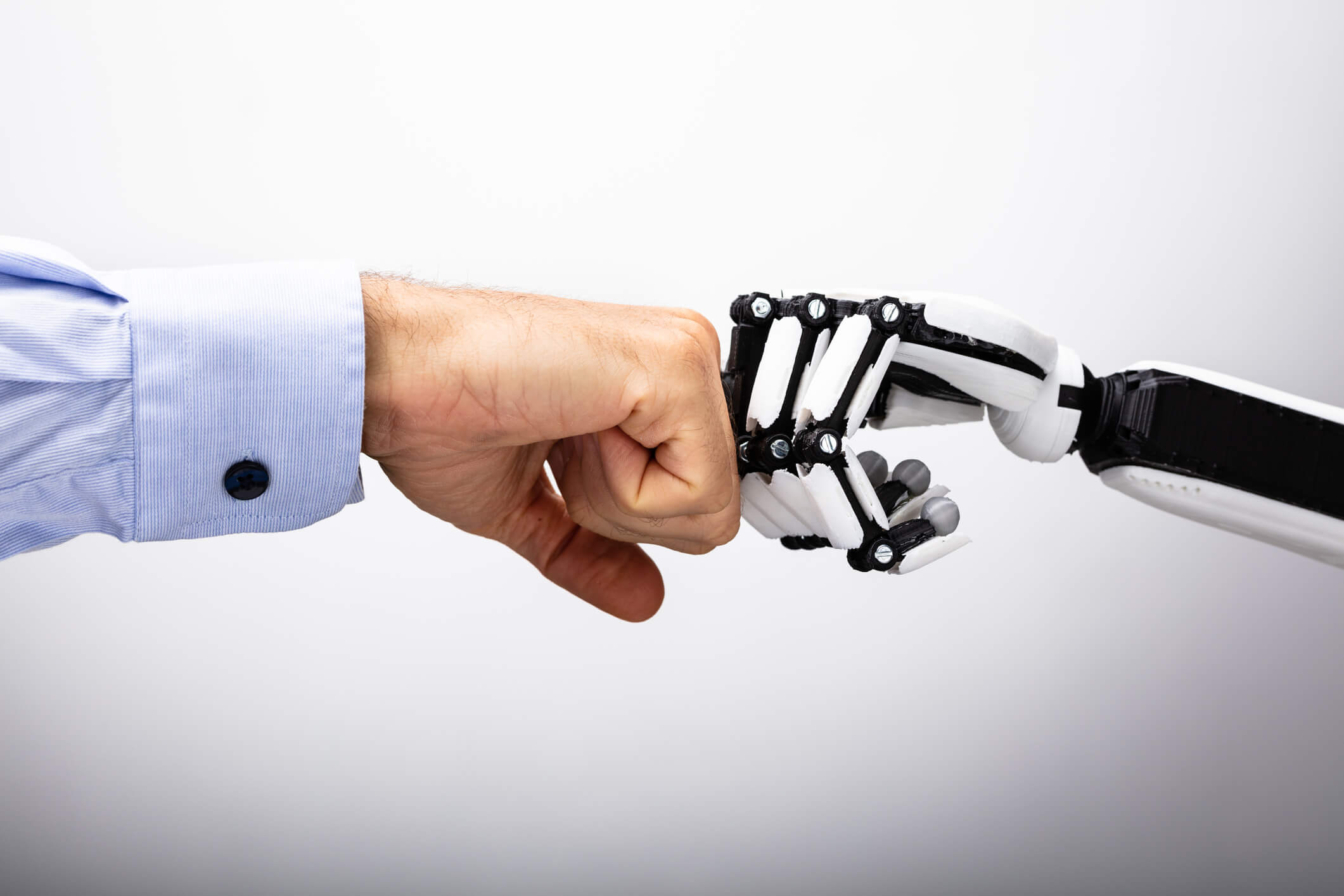In the last decade, it has been inclined towards artificial intelligence (AI) and machine learning. AI can potentially change the world, becoming common in our everyday life. Whether it is weather prediction, self-driving cars, or space exploration, AI impacts every field.
History of AI
Artificial intelligence is not a newly introduced concept. About a century ago, AI turned into reality from fictional books. In 1950, Alan Turing introduced machines and created a “Turing Test” to measure a machine’s ability to think and work like a human being. The term “Artificial intelligence” was coined in the mid-1950s after the death of Turing.

In 1959, an American cognitive scientist, Marvin Minsky, established the Massachusetts Institute of Technology’s AI Laboratory. The increased use of personal computers in 1980 shed further light on AI. However, people took several decades to accept and recognize the true potential of AI.
The most significant advantage of artificial intelligence is its ability to learn from collected data constantly. The machine predicts better when algorithms collect and analyze massive data. For example, if you are unsure which movie to watch today, Netflix will suggest some films based on your viewing history.
Evolution of Artificial Intelligence from Fiction to Reality
Researchers have designed software focusing on survival in the best possible conditions and increasing efficiency for each generation without human involvement. The creation of algorithms takes time. An example of machine learning is translating languages and self-driving cars.
These networks resemble a brain’s structure and learn from the collected data. Smaller neurons are responsible for specific tasks, such as recognizing road signs. It is not a matter of a day; it takes several months to complete and adequately integrate this technology.

Recently, processes have been faster through the automation technique. But these programs connect circuits created by humans. It limits the output to the thoughts and biases of engineers and developers.
Google’s computer scientist, Quoc Le, designed AutoML-Zero software to create effective AI programs without human aid. The program comprises fundamental mathematical concepts that every high-grade student would know.
The program is intended to identify algorithms through evolution approximation. It begins with creating the population set of 100 people algorithms and connecting them with random mathematical functions. A test, like image recognition, is conducted to identify whether the image portrays a cat or a dog.
Each time, the algorithm’s performance is compared against the manual one. Artificial intelligence alters top-performing copies by random replacement, edition, and deletion. Adding children to the population can lead to slight algorithm variations, and the cycle continues.
The system can create thousands of population sets at once, which algorithms analyze. The program is good at speeding up the search process through algorithm exchange and duplication. The evolution of artificial intelligence has made processes more manageable than before.
Leveraging AI in Businesses
Machine learning techniques are a source of increased workforce productivity. Artificial intelligence transformed businesses from workforce management and prediction analysis to brand advertising. In recent years, a Japanese firm nominated an AI board member for the faster prediction of market trends.

Big data is a benchmark of success for businesses, but some organizations are sinking into it. It is a significant driver of AI development, as machine-learning techniques make predictions from many gathered and administered data sets. It enhances business efficiency by decreasing critical risks.
Artificial intelligence helps you determine uneven patterns and keeps an entrepreneur alert of suspicious activities, such as payment fraud and spam filtering. Organizations can utilize AI to manage incoming customer support calls. Companies can optimize sales through database scanning and web searching to identify similar buying patterns.
Artificial intelligence has a significant potential to revolutionize organizational processes, and it is becoming harder for businesspeople to imagine their company’s future without AI. Machine-learning technologies are becoming much more inclusive, where a machine can replace the work of 10 humans.
AI created a space for both machines and humans to live peacefully and learn from each other. Machines optimize the return on investment through systematic exchanges and allow advertisers to create eye-catching content.
Several factors evolved artificial intelligence, including open data, updated computer systems, historical data, next-generation technology, etc. It all started with science fiction and the representation of machines through gendered and emotional people. Otherwise, people would not accept or care about machines without human sensation. About Complete Controller® – America’s Bookkeeping Experts Complete Controller is the Nation’s Leader in virtual bookkeeping, providing service to businesses and households alike. Utilizing Complete Controller’s technology, clients gain access to a cloud platform where their QuickBooks™️ file, critical financial documents, and back-office tools are hosted in an efficient SSO environment. Complete Controller’s team of certified US-based accounting professionals provide bookkeeping, record storage, performance reporting, and controller services including training, cash-flow management, budgeting and forecasting, process and controls advisement, and bill-pay. With flat-rate service plans, Complete Controller is the most cost-effective expert accounting solution for business, family-office, trusts, and households of any size or complexity.
About Complete Controller® – America’s Bookkeeping Experts Complete Controller is the Nation’s Leader in virtual bookkeeping, providing service to businesses and households alike. Utilizing Complete Controller’s technology, clients gain access to a cloud platform where their QuickBooks™️ file, critical financial documents, and back-office tools are hosted in an efficient SSO environment. Complete Controller’s team of certified US-based accounting professionals provide bookkeeping, record storage, performance reporting, and controller services including training, cash-flow management, budgeting and forecasting, process and controls advisement, and bill-pay. With flat-rate service plans, Complete Controller is the most cost-effective expert accounting solution for business, family-office, trusts, and households of any size or complexity.




